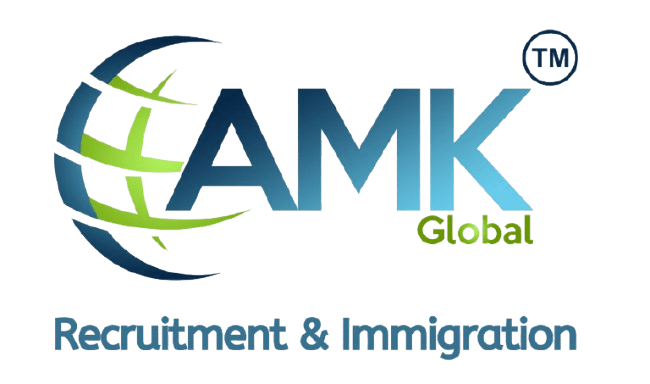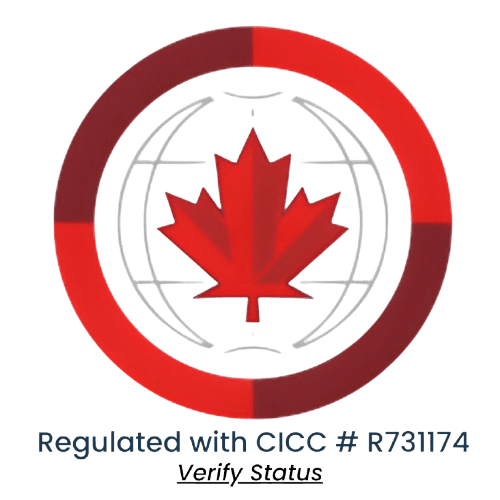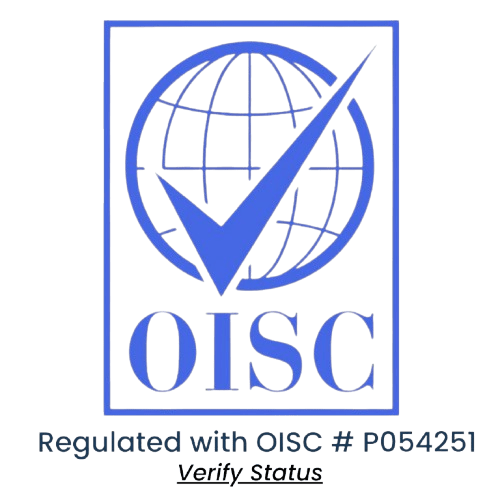1. Introduction
Relocating to Canada for work is both exciting and challenging for many Indians. The Canadian job market has its own nuances, from recognizing international qualifications to adapting to local workplace norms. Key challenges include effectively promoting one’s skills, marketing skills, effectively, building strong professional networks, and ensuring that foreign credentials are aligned with Canadian standards. By following effective job search strategies for Indians in Canada, you can navigate these hurdles and secure meaningful employment.
2. Key Takeaways
- Research the Canadian job market to understand industry demands and regional variations.
- Create a Canadian-style resume focused on relevant skills and achievements.
- Leverage networking opportunities through platforms like LinkedIn and community events.
- Upgrade your skills and credentials to meet Canadian job requirements.
- Utilize government resources and recruitment agencies designed for immigrant job seekers.
3. Understanding the Canadian Job Market
The Canadian job market differs from region to region, and understanding this is essential to your success.
3.1 Regional Job Variations
Job prospects vary across provinces. For example:
- Ontario: A tech and finance hub, with major cities like Toronto and Ottawa offering a wealth of job opportunities.
- British Columbia: Vancouver is known for its tech, film, healthcare, and engineering sectors.
Alberta: Jobs are plentiful in the oil, gas, and construction industries, Offers jobs in oil, gas, and construction, driven by its natural resource-based economy.
3.2 Demand for Skilled Labor
Canada’s immigration programs, like Express Entry and the Provincial Nominee Program (PNP), prioritize skilled workers, especially in IT, healthcare, and engineering sectors.
3.3 Researching Job Market Trends
Stay informed on trends through platforms like Indeed, Glassdoor, and government websites. These sources provide valuable insights into industry growth, salary expectations, and skill shortages.
4. Building a Canadian-Style Resume and Cover Letter
Creating a Canadian-style resume is a must to make a strong impression on employers.

4.1 Resume Formatting Differences
Canadian resumes are concise (usually two pages), focusing on measurable achievements. Avoid including personal information such as age or marital status.
4.2 Tailoring Your Resume
Use keywords from the job description to ensure your resume is tailored to the role. Highlight relevant skills that are particularly in demand in Canada, such as communication, leadership, and problem-solving abilities.
4.3 Crafting a Strong Cover Letter
Customize each cover letter to match the job you’re applying for. Emphasize your skills and enthusiasm for the position, which can significantly increase your chances of landing an interview.
5. Networking for Job Opportunities
Networking is crucial for finding job opportunities in Canada, as many positions are filled through connections.
5.1 Importance of Networking
An estimated 70-80% of jobs are filled through networking in Canada. Tapping into local networks, including Indian community groups and professional associations, can open up job leads.
5.2 Leveraging LinkedIn
LinkedIn is a powerful tool for networking in Canada. Ensure your profile is fully optimized for the Canadian job market and actively engage with recruiters, professionals, and groups in your industry.
5.3 Attending Networking Events
Attend virtual or in-person job fairs and networking events such as JobExpo. These events, especially those tailored for immigrants, are ideal for building professional connections.
6. Upgrading Your Skills and Certifications
To stay competitive, it’s important to assess whether your existing qualifications meet Canadian standards.
6.1 Canadian vs. Indian Certifications
Some Indian certifications may not be recognized in Canada. Research the industry-specific requirements, such as the Canadian Engineering Accreditation Board (CEAB) for engineers, to determine if you need additional credentials.
6.2 Government-Approved Training Programs
The Canadian government offers job readiness workshops, bridging programs, and language courses designed to help immigrants enhance their qualifications.
6.3 Online Courses and Certifications
Platforms like Coursera, LinkedIn Learning, and edX offer certifications that are often recognized by Canadian employers. Completing relevant courses can give your resume a competitive edge.
7. Understanding Canadian Work Culture
Adapting to Canadian work culture is key to long-term success.

7.1 Workplace Norms
Canadian workplaces tend to be less hierarchical and more collaborative. Emphasizing open communication, teamwork, and a healthy work-life balance are core aspects of the work environment.
7.2 Soft Skills Matter
Soft skills such as adaptability, communication, and teamwork are highly valued in Canadian workplaces. As an Indian professional, refining these skills will help you integrate more easily into your new work culture
8. Using Recruitment Agencies and Government Resources
Recruitment agencies and government programs offer invaluable support to immigrant job seekers in Canada.
8.1 Specialized Recruitment Agencies
Agencies such as Randstad and Robert Half specialize in connecting skilled immigrants with Canadian employers. These agencies can help tailor your job search based on your skills and experience.
8.2 Employment Services for Immigrants
Organizations like the Toronto Region Immigrant Employment Council (TRIEC) and government services such as Canada Job Bank provide resume workshops, job search assistance, and networking opportunities for new immigrants.
8.3 Temporary Work Programs
Consider programs like the Temporary Foreign Worker Program or co-op placements to gain valuable Canadian work experience. These opportunities can serve as stepping stones to permanent roles.
9. Overcoming Common Job Search Challenges
9.1 Lack of Canadian Experience
Many employers prefer candidates with Canadian experience. Overcome this by seeking internships, volunteer opportunities, or co-op placements to gain relevant experience.
9.2 Language Barriers
Improving English or French proficiency is vital for job seekers. Utilize government language programs and local courses to boost your language skills.
9.3 Credential Recognition
Foreign credentials may require assessment by services like World Education Services (WES) to meet Canadian standards. This is particularly important in fields such as healthcare and engineering.
Frequently Asked Questions (FAQs)
1. What are the best cities for Indian job seekers in Canada?
Toronto, Vancouver, and Calgary are some of the best cities, offering strong job markets for skilled immigrants
2. Should I apply for jobs before or after moving to Canada?
Both strategies have merit. Applying from India can give you a head start, but local networking upon arrival can significantly improve your chances.
3. How long does it typically take to find a job in Canada?
The process generally takes 3-6 months, depending on industry demand, networking efforts, and qualifications.



